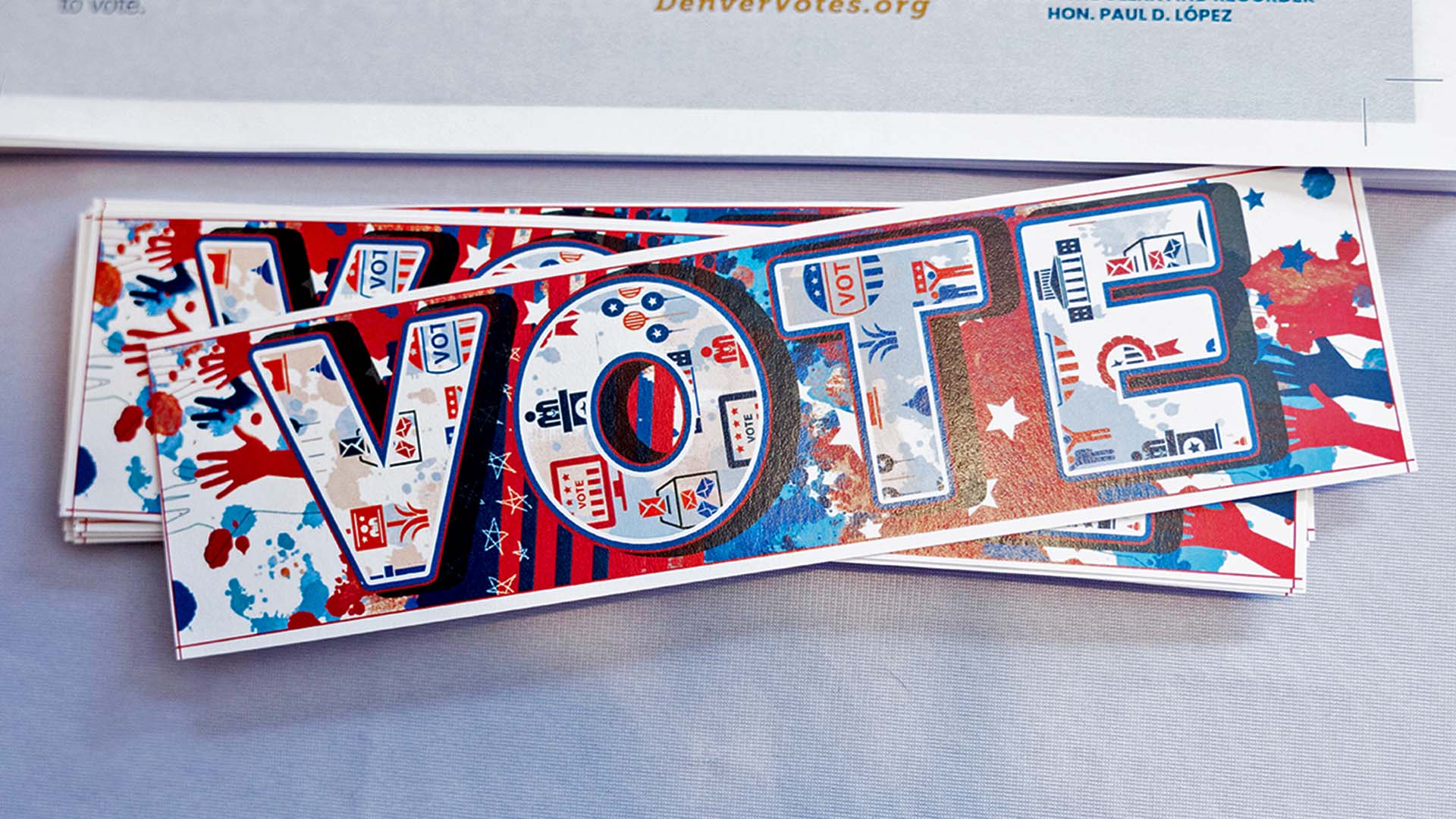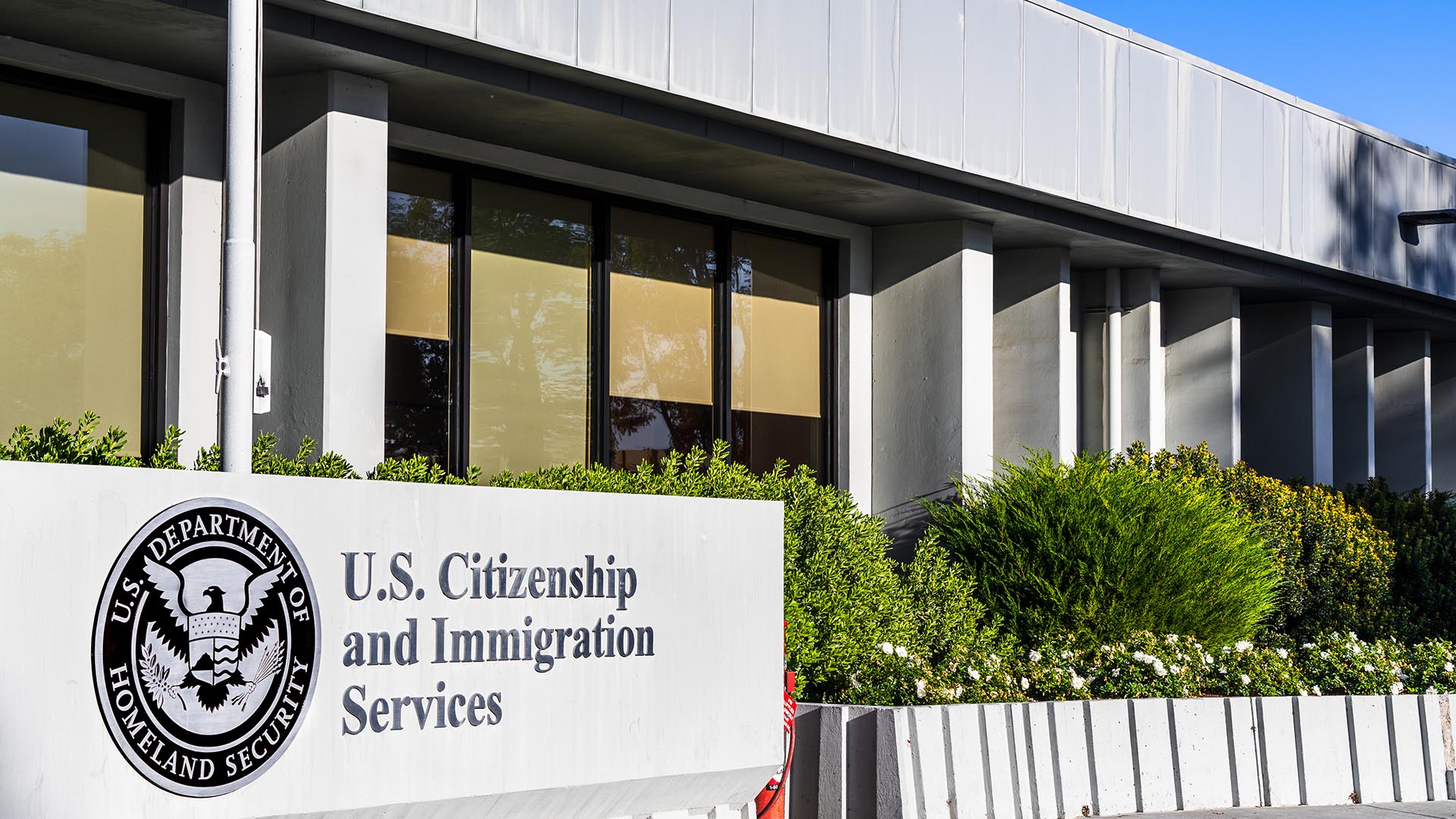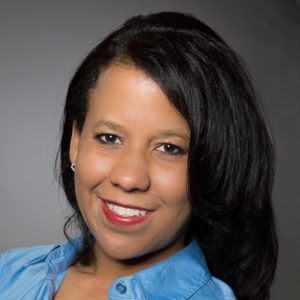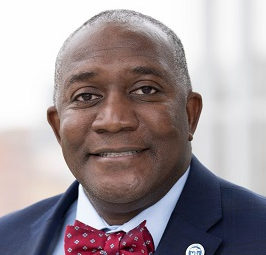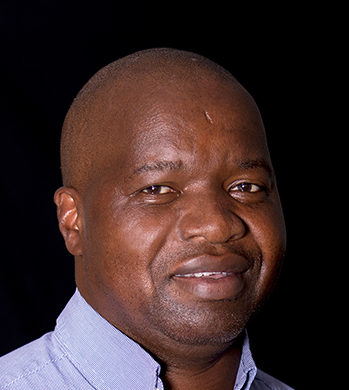Joy Reid gets real on race
The MSNBC host grew up in Denver and returned this week as MSU Denver's 2020 Rachel B. Noel Visiting Professor. She challenged the University community to recognize how America’s present is connected to the racialized context of its past.
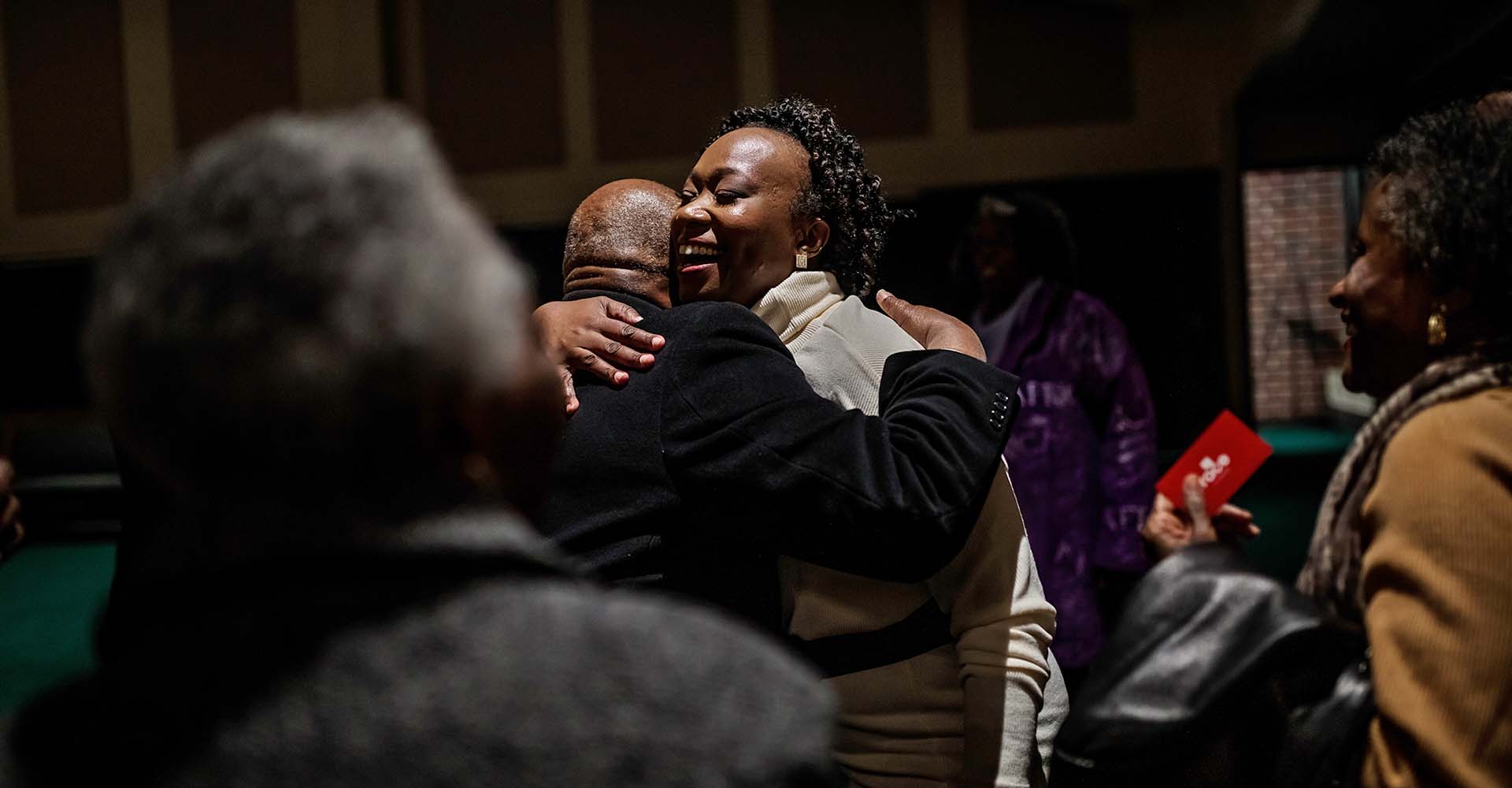
Speaking at Metropolitan State University of Denver as the 2020 Rachel B. Noel Visiting Professor wasn’t just a way for MSNBC’s Joy-Ann Reid to honor the legacy of the late Colorado civil-rights champion; it also served as a homecoming for the Montbello-raised pundit, author and activist.
The host of MSNBC’s AM Joy routinely draws nearly 1 million viewers Saturday mornings, and Reid on Thursday packed the Auraria Campus’ Tivoli Turnhalle for her keynote address that doubled as the University’s Bridge Speaker, marking the connection between February’s Black History Month and Women’s History Month in March.
She recounted what it was like growing up middle-class and black in Denver before diving into a critical examination of race in our country. The current reality of the U.S., she said, is inextricably connected to the racialized context of its past.
“Almost everything in American history is connected to slavery – and undoing the decay from it,” said Reid, who is author of the book “Fracture: Barack Obama, the Clintons and the Racial Divide.”
Watch Reid’s speech from Feb. 27 in its entirety below.
That rot results in ignorance of African Americans’ role in the country’s history, Reid said.
“We’ve been writing ourselves out of history,” she said.
Reid also addressed the diasporic nature of America and how the movement of populations to and within the U.S. created a mythos that established a shared standard civic narrative.
“There’s really no other multiracial society on earth like the United States, as most countries are primarily one race,” Reid said. “Germans were the biggest group of immigrants who came to America seeking a better life after an economic collapse… Today, it’s black and brown people doing the same thing.
“Nations are made by people who move.”

Reid’s speech touched on topics that MSU Denver student Sarah Naomi Jones had previously explored in Africana Studies courses. Still, Jones was struck by the degree to which American history was connected to slavery.
“When you’re doing equity work, it’s vital think about the root cause,” said Jones, who is an individualized degree program student whose studies combine gender, women and sexuality studies; art; ethnic studies and integrative health care. “But it also makes you ask, ‘Why am I 37 years old and only hearing about this now?’”
Reid’s exploration of history as enacted by young people moved Ianna Rasberry-Jenkins, a double major in communication studies and theatre with a minor in environmental science.
“It reinforced how things that happened before are tied to present movements and political ideas,” she said. “A lot of people think of history as past tense, but we’re living with the ghosts of the past in every moment.”
After her keynote, Reid extolled to RED the virtues of institutions such as MSU Denver for providing access to an affordable education and preparing students with the necessary skills of tomorrow’s workforce.
She also proffered two pieces of advice for people looking to affect change themselves:
“First off, half the battle is just showing up,” she said. “When there’s an opportunity, raise your hand and be available to do it.”
The other half of that equation involved something Reid and Roadrunners have familiarity with – being ready to go on Day One.
“Don’t show up unprepared,” she said. “Use your education to make sure that you’re skilled, that you can read well and write well and communicate so that when you raise your hand, you can do what you say you’re going to do.
“Show up and perform, and you’ll pretty much get what you want.”
As for what she wanted MSU Denver’s diverse student body to take away from her talk, Reid responded with a single word.
“Vote.”

